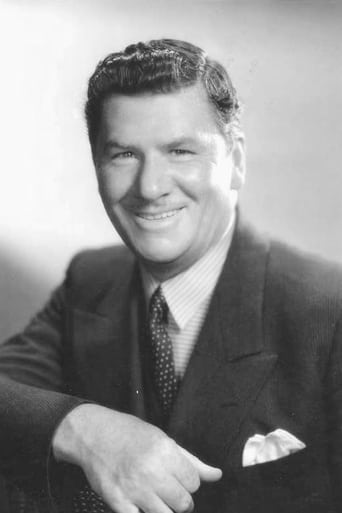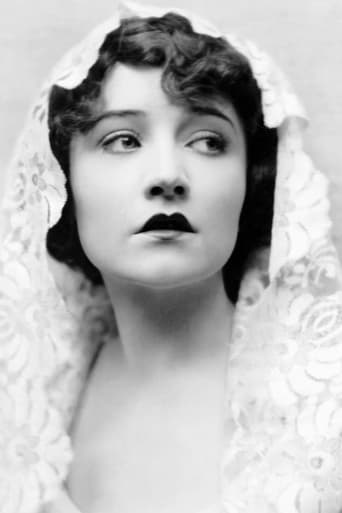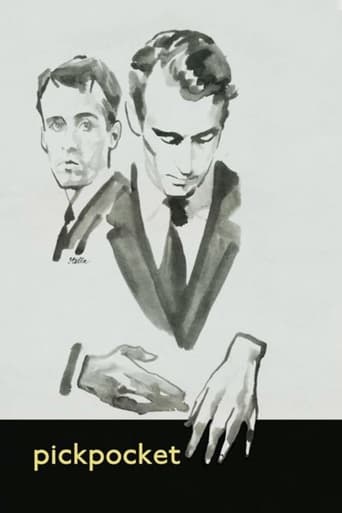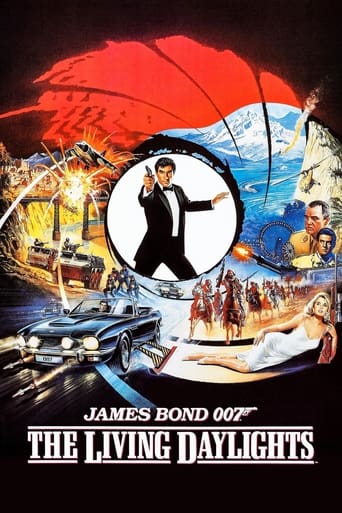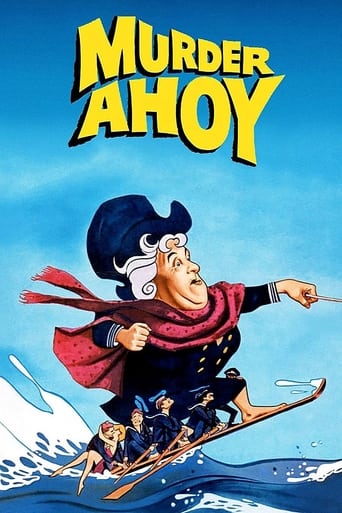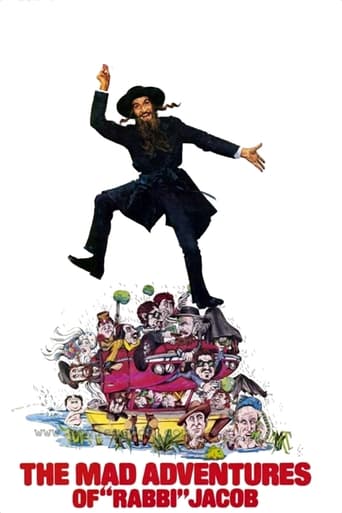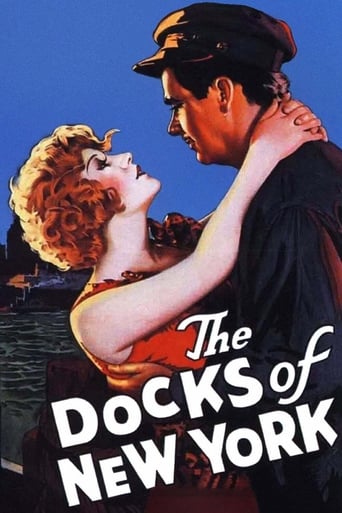
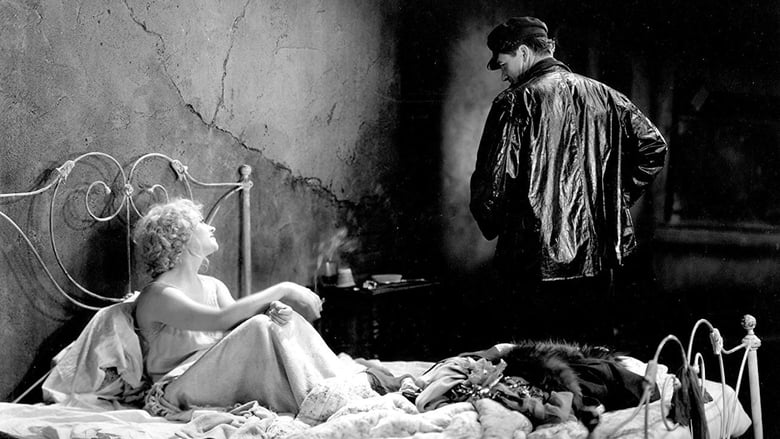
The Docks of New York (1928)
A blue-collar worker on New York's depressed waterfront finds his life changed after he saves a woman attempting suicide.
Watch Trailer
Cast
Similar titles



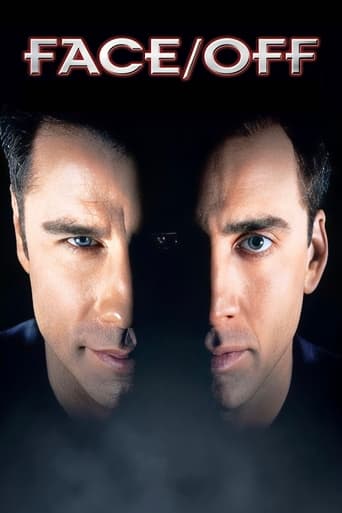
Reviews
Takes itself way too seriously
ridiculous rating
It's fun, it's light, [but] it has a hard time when its tries to get heavy.
It’s not bad or unwatchable but despite the amplitude of the spectacle, the end result is underwhelming.
I didn't know anything about George Bancroft 48 hours ago, but after watching him star in two films in as many days, I'm impressed enough to seek out more of his work. Betty Compson was also terrific in a film that I can't easily fit in any category. I set out to watch it for the cinematography which puts it in the proto-noir category but I quickly found myself interested in what the actors were doing in the shadows and fog of this silent film. Unfortunately the story itself was something out of a Laurel & Hardy comedy but without the slapstick and jokes to help us suspend our disbelief. But you'll probably enjoy it, it's better than your average date movie.
Sternberg's best-regarded Silent film is also considered, along with F.W. Murnau's not dissimilar SUNRISE – A SONG OF TWO HUMANS (1927), Hollywood's artistic pinnacle during this era. The narrative is almost exclusively restricted to its exquisitely re-created titular setting, which is most evocatively lit throughout; incidentally, the waterfront crowd here is possibly the most boisterous ever depicted as something is always going on (brawls over women, drunks being thrown out, etc.) at the dive where a lot of the action takes place! The plot, as always with the director is secondary and somewhat plain: rowdy stoker George Bancroft (his third of 4 pictures for Sternberg, one of which – THE DRAGNET [1928] – is regrettably lost) goes ashore for one night, saves suicidal waif Betty Compson and marries her (presided over by sour-faced reverend Gustav von Seyffertitz, the ceremony sequence constitutes one of the film's highlights), knowing he will be leaving again the next morning.Complicating matters is the hero's bullying superior aboard ship, who sets his eyes on the girl as well – despite being married to Olga Baclanova (she, on her part, has been 'running around' during his time at sea!). Though we are never specifically told what drove Compson to make such an extreme gesture, we can assume she wanted out of the kind of sordid life that is perhaps mandated by this milieu (she certainly manages to pick herself up pretty quickly and also seems to build an immediate rapport with Baclanova!).Eventually, the latter's husband forces himself upon Compson and winds up dead; when she is about to be arrested, Baclanova's confession makes us realize it was not an act of self-defense but rather a crime of passion. Ironically, the heroine is still brought to trial when it is reported that the clothes she is wearing were stolen (by Bancroft) on the night she was saved!; just, then, however, he re-appears (having jumped off his ship!) to take the blame – and Compson promises to wait for him.As I said, the meticulous detail and beautiful cinematography are the main thing here – but the acting is commendable regardless, particularly the leading lady (who probably was never better though she would be Oscar-nominated for her subsequent movie, THE BARKER [1928], now forgotten and presumably unavailable for appraisal: for the record, I do own a couple of her other vintage efforts but they are, as yet, unwatched).
I know you might think my summary is ridiculous, but I swear to you that this very accurately describes this movie...really! The film begins aboard a merchant ship. George Bancroft is a stoker and is much like Popeye--but without the spinach and the obviously anorexic girlfriend. When he's on shore for the evening, he sees a lady in the water (Betty Compson)--trying to kill herself. George naturally jumps in and saves her. Later, when they begin talking, the subject of marriage comes up and somehow the two end up deciding to get married--even though they know nothing about each other. It's obvious both have sowed MANY wild oats but the audience naturally hopes they make a go of it. But, in the morning the reality of this ridiculous marriage becomes obvious--he's a seaman and it seems to be implied she's a 'professional girl'. So, George sets off to sea. Can this bizarre relationship STILL work out and the two live happily ever after? Tune in and see if you are curious! The film has an extraordinarily simple plot. But, because the direction by Josef von Sternberg is so deft and the acting so amiable, you will probably have a tendency to forgive the simplicity of the film. A very good film...and, as I said, the sort of love story Popeye might have written...or at least might shed a tear over if he'd seen it! Strange but very good.
For me, this comes a close second to "Underworld" in Sternberg's films: the twists and turns of the melodramatic plot become ultimately a little too much for me to swallow (a twist too far?), and I found some of the camera devices simply distracting, but even so the film is more or less won by virtue of the impressive acting from all concerned. Betty Compson (who was soon to receive a well-deserved Oscar nomination for her role in the part-talkie "The Barker") stands out as the fragile, cynical girl who has "had too many good times" already but allows herself to believe in the possibility of redemption; Baclanova is memorable as the petty officer's deserted wife, while George Bancroft is a cheerful, callous but not unkindly Colossus of a stoker. The weary, sensitive features of Gustav von Seyffertitz, in a small role as the threadbare Bible-basher who ministers to this godless 'flock', also make a strong impression. The film is almost all atmosphere, but it is atmosphere well-done.
